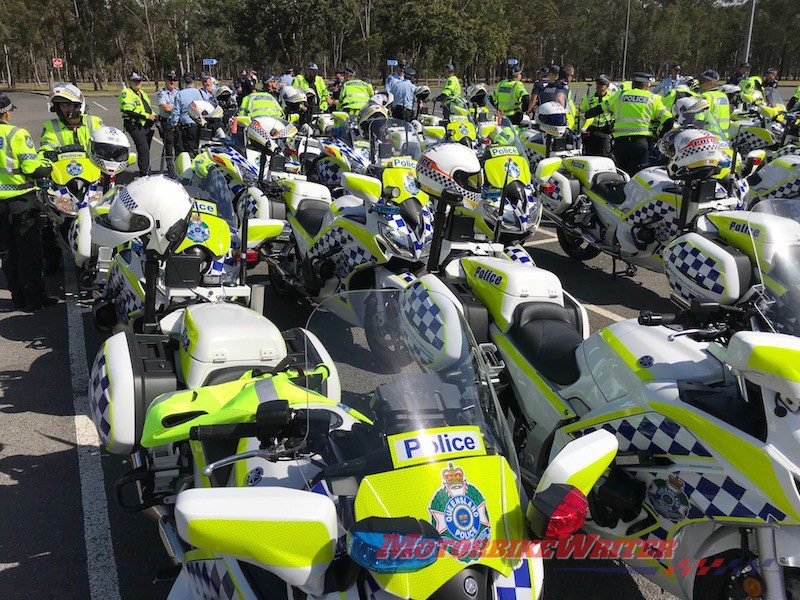The issue of police being directed to meet traffic offence targets or quotas are back in the news in Queensland and South Australia.
The matter generally raises the ire of motorists who say it is proof that police are revenue raisers rather than performing road safety duties.
Critics also say it leads to motorists being fined for minor speeds and diverts police patrols from catching high-range speeders.
Controversial quotas
The quota controversy has been raised after two recent events:
- In Queensland, emails that set quotas for traffic tickets have been revealed in court by a Gold Coast cop in evidence of bullying by senior officers. Queensland police have always denied the existence of quotas but have again admitted there are “benchmark” expectations or “targets” for officers on various offences.
- In South Australia, a senior police officer sent an email to staff offering a gift card as an incentive to issue more speeding and traffic fines. SA Police were forced to retract the email and advise that the incentive went against official policy.
Motorists may not be convinced, especially after examples of what they consider blatant revenue-raising such as our recent article about the use of covert TruCAMs on a downhill stretch of Mt Glorious Rd to nab as many speeding riders as possible.
Quota history
Offence quotas (or “benchmarks”, or “targets”) for police are not new.
In the 1970s and ‘80s, the Queensland Bjelke-Petersen government blatantly referred to them as “kill sheets” for traffic and criminal offences.
Officers were required to reach certain targets to gain promotion or face punitive measures such as a long run of “graveyard shifts”.
Rather than promoting road safety and a crackdown on crime, it led to massive police corruption, culminating in the Fitzgerald Inquiry and subsequent jailing of senior cops and politicians.
Quotas exist in various countries at varying levels of legality around the world.
For example, the UK Government ran a two-year pilot project with the Thames Valley force allowing police to claim back a proportion of speeding fines to pay for road safety projects.
Quotas are largely outlawed in democratic countries as unconstitutional.
Yet the practice often continues in a non-official capacity to evaluate the productivity of “slack and lazy officers”, as one former senior cop told us.
-
Are “targets, benchmarks, incentives, kill sheets, or productivity evaluations” just quotas by another name? Leave your comments below.


